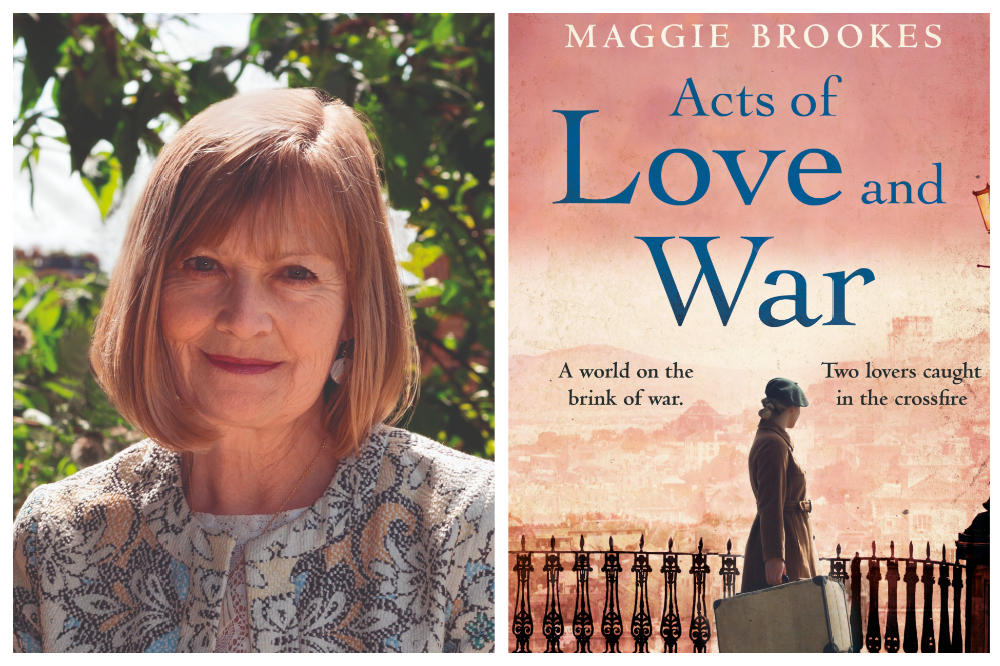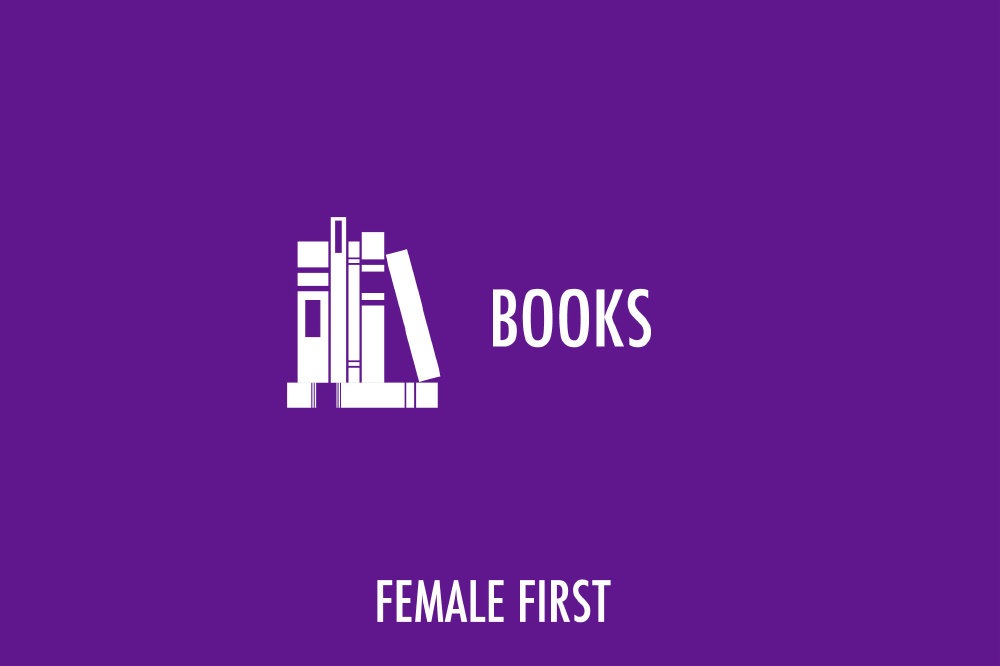I have known I was a writer since I was about seven years old. All through my childhood and teens, I filled notebook after notebook with poems and stories, carefully redrafting till each was the best I could make it.

Maggie Brookes, The Acts of Love and War
If I were to go back now and tell my younger self that I am a full time writer with two internationally published novels and six poetry collections to my name, she would not be surprised. But she would perhaps be dismayed by how long it took. My first poetry collection wasn't published till I was in my forties and my first novel not till I was in my sixties.
Of course I wrote other things in the mean-time – several unpublished novels gather dust under my bed, along with dozens of notebooks of poems, an unbroadcast radio play and even an unperformed pantomime. I worked as a journalist and a BBC TV documentary maker and then a lecturer, filling the hunger to write with thousands of words of articles, reviews and even a PhD. But these were not the poetry and fiction I truly wanted to write.
Perhaps the truth is that I simply needed to be older, needed to have read and written for decades, experienced the highs and lows of life and closely observed the world before I could write the books which were eventually published. So first I'd tell my younger self always to keep honing her craft and reading attentively. But if she stamps with impatience and asks how the journey to publication could be speeded up, I'd advise her to: seek out the company of writers; go to readings; write to authors about their work; find suitable courses to attend; analyse what is being published and by whom. Many successful writers point to a mentor who guided them on their way. I'd instruct her to take her writing seriously, not allowing anyone to call it – as someone once did to me – 'your little hobby.'
I'd also tell her never to give up. As a teenager I only knew about one poetry magazine and when I was rejected by them, I didn't try again for decades. I sent the opening chapters of my novels to agents I found in the Artists and Writers Yearbook, but I was too easily discouraged. Now I'd tell my younger self to grit her teeth and keep trying. I sent The Prisoner's Wife to 20 agents before the 21st accepted it and sold it overnight in a pre-emptive deal to Penguin Random House. The truism may be true, at least in part, 'the difference between the published writer and the unpublished writer is that the unpublished writer gave up.'
What else would I tell her? Live, love, laugh, be the best friend you can be to other people and to the world, don't shut yourself away from experience, but get out there and feel the joy and sorrow it means to be truly alive, because that is the stuff of writing.


